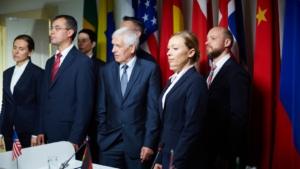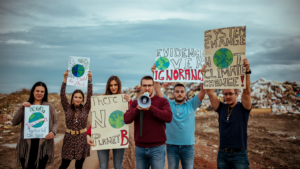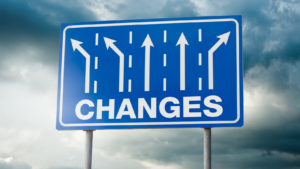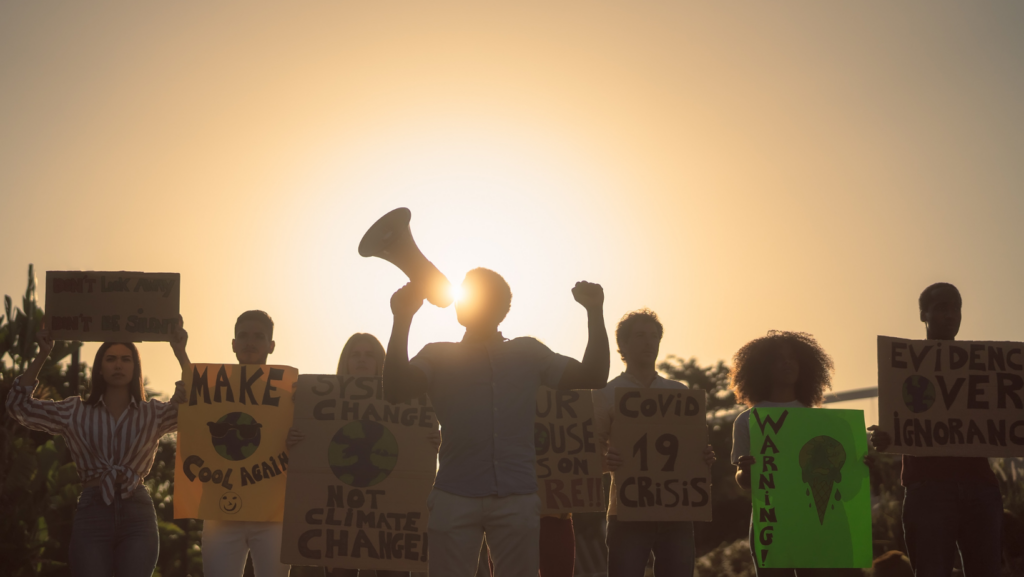History isn’t just a series of dates and obscure facts. It’s a fascinating tapestry of momentous events that have shaped our world and defined our human experience. From the fall of the Berlin Wall to the first moon landing, these events have left an indelible mark on our collective consciousness.
In this article, we’ll delve into some of the most significant events that have forever changed the course of history. We’ll explore their causes, their impacts, and the ripple effects they’ve created, touching every aspect of our lives. So, strap in for a journey back in time, as we unravel the events that have shaped the world we live in today.
Events That Changed The World

Recognized as one of the events that changed the world and history’s cardinal turning points, the birth of agriculture triggered remarkably profound changes, significantly reshaping societies and laying the foundation for modern civilization.
The Neolithic Revolution’s Global Impact
The Neolithic Revolution, marked by the switch from nomadic hunting and gathering to settled agriculture, bore phenomenal global impacts. Firstly, it led to a population explosion. Instead of living in small, mobile groups, people started forming larger, settled communities. The establishment of permanent settlements gave rise to the development of new jobs, such as pottery and weaving, and the invention of new technologies, such as the plow. Food surplus, another consequence of agricultural practices, spurred trade, creating robust economic networks.
The Discovery of the New World

Furthermore, these impacts were not only domesticated. The practice of agriculture spread from its Middle East origins to other parts of the globe, profoundly impacting societies worldwide. Cultivation of cereal grains like wheat, barley, and rice made their way across continents, fostering growth and prosperity wherever they took root.
A pivotal moment in history and one of the events that changed the world, the Discovery of the New World marks a profound shift in global interactions and dynamics. This event ushered in extensive societal, economic, and political consequences.
Indigenous populations faced stark changes with the arrival of Europeans. Contact with Europeans brought about the rapid decline of the native population. Diseases, for instance smallpox and influenza, to which indigenous people had no immunity, resulted in catastrophic death tolls. Indigenous cultures underwent seismic shifts with forced assimilation into European societal structures, altering their way of life, religions, and even their languages irreversibly.
The Industrial Revolution
Next in the sequence of game-changing global events that changed the world, the Industrial Revolution burst onto the scene in the 18th century. It ushered in new manufacturing processes and, consequently, entirely altered everyday life.
The Industrial Revolution introduced mechanized production, switching from hand-made goods to items produced by machinery. Factories, operating on coal and steam power, began to mushroom across England before spreading to rest of Europe and the United States. This mechanization emphasized efficiency and quantity, catapulting production rates sky-high. For instance, textile factories could churn out vast quantities of cloth, far surpassing the output of traditional home weavers.
World War I and the Great Depression

Post-Industrial Revolution, mankind grappled with two colossal events: World War I and the Great Depression. They altered global structures, economies, and societies dramatically.
Global Power Shift and the Formation of New Nations
World War I, a conflict of unprecedented scale spanning 1914 to 1918, reshaped geopolitics. Among universal devastation, the map of Europe underwent significant changes. Once mighty empires—Ottoman, Austro-Hungarian, and Russian—collapsed, heaving way for new nations. Countries like Poland, Czechoslovakia, and Yugoslavia emerged, asserting their identities on the global stage.
America, by staying relatively unscathed, rose as a significant power. In Asia, Japan expanded its territory, solidifying its status as a global player. The war set in motion a shift in power that significantly influenced the 20th-century geopolitical landscape.
The formation of the League of Nations further underscored this shift. An international body, its intent was preserving peace by solving disputes diplomatically—an idea ahead of its time, laying groundwork for the United Nations post World War II.

